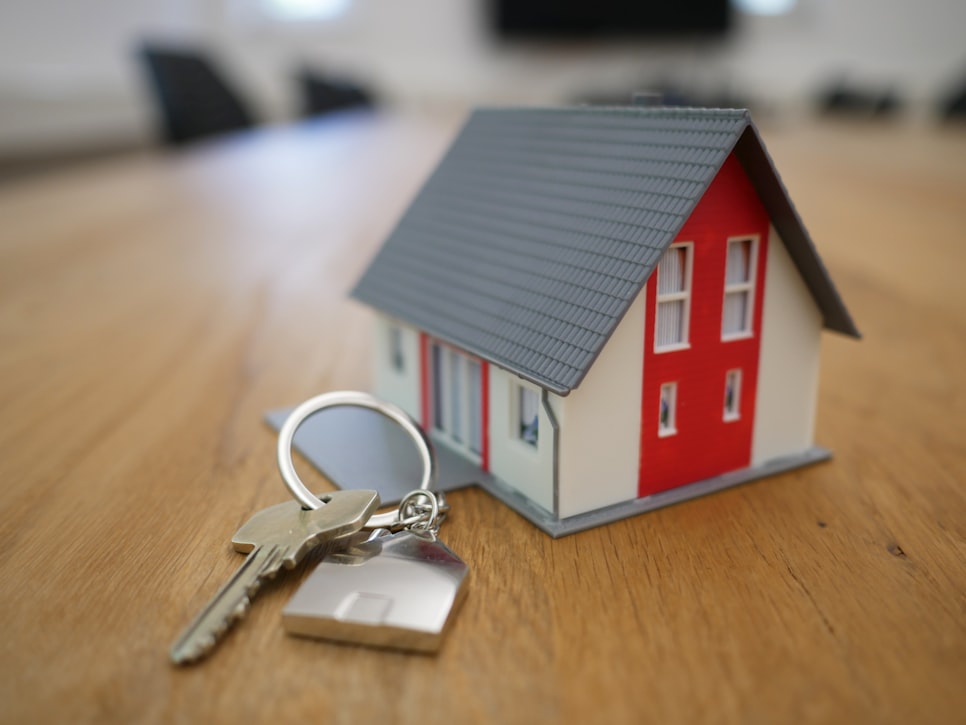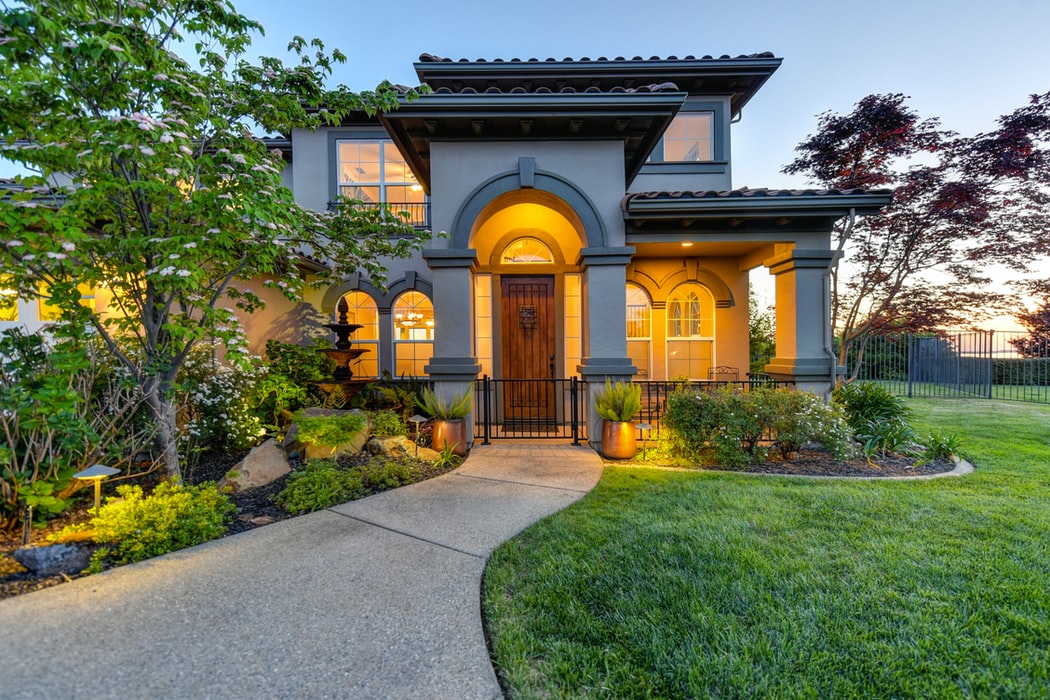Investing in your first property has currently been the talk of the town. This is because the potential for the property market to plunge will be an after-effect of the Coronavirus pandemic. Truthfully, it has been affecting real estate and other large scale industries around the globe. The stock market is down and the property market is expected to take a hit as well. This makes eager milennials who have been looking for their opportunity to enter the property market more enthusiastic about the possibilities.
From the point of view of financially established individuals, this could be a great window to make their first property investment. They are not wrong as developers and brokers may have to make some adjustments on their offers to potential buyers. They also need the sales to make up for lost time. Delays in completion of the properties are expected because construction activities were halted during the global lock down. This affects the pricing and mortgage terms offered by developers. Here are a few things you need to consider before making your first property investment move.

Location is everything
A property’s location determines its potential value. Developments in the proximity of your home will dictate how much its value will increase as years go by. Apart from considering if the property’s location is near your office, think a bit more long term. You would not want a property that depreciates in value because it would mean an upset on your investment.
To determine and compare property values in each of the areas you are considering, do a little research online. Usually, you will find listings of properties within the proximity of your target location. Simply do a quick computation to find out the current price per square meter and compare this with an older listing’s pricing. An increase in the price is a positive sign as it means that the value in the area is still consistently improving.
Another clue that could help you decide is by knowing the city’s plans for the area in the near future. Infrastructure and transportation system developments that can improve the accessibility of the location will add to the property’s value. Upcoming government projects will certainly make the lives of the people in the neighborhood more convenient. In real estate, more conveniences adds more property value points.

Consider it as an investment
Properties are more than just for end-use, whether or not you actually decide to live in it. With the unpredictability of life in general, you may live in it for a while but eventually move to a different place. For example, you start a family and the apartment you bought is only good for one person, you would definitely need a move. Now, what will you do with your first property? Homes or apartments in preferred locations always get the best returns. You can either sell it or rent it out. Both of which will definitely benefit you as long as you maintain the upkeep of the place.
In business districts or high-traffic cities, value appreciation of residential properties can go up as much as 40%. You may consult your broker or more experienced real estate investors on the historical trajectory of property values in the location of your choice. From there, you can make an informed decision on whether or not that particular property meets your standards.
Review the mortgage terms
Make sure that the mortgage payment terms are well within your budget. It is wise to set a cap of 30% of your monthly income for property mortgage and other real estate expenses. This is the recommended industry standard which is also a smart move so as not to compromise your entire lifestyle. Before you finalize the decision to make your first property investment, determine a system on how you will fund the mortgages to avoid any losses.

Consider pre-selling properties
Properties in the pre-selling stage cost much less than those that are already built. In most countries, it is usually apartments or condominiums that offer this option. Pre-selling means that properties are sold while the structure is being built.
The mortgage goes the same way, in monthly payments. However, usually pre-selling properties only require a minimal down payment. The monthly mortgages are much lower, compared to purchasing a place that is already built. It takes around 2 to 4 years before the turn over. Once the apartment is ready to be turned over, you have most likely already paid half of the total price. The rest can then be filed under a bank loan.
The great part about this option is that you won’t get pressured upfront to release a huge sum of money.
Always check the facilities and interiors
There are so many items on a typical property punch-list that you need to go through. Make sure to look into every nook and cranny of the house or apartment to ensure that there are no damages. However, it may take a few days or so before you can actually test each mechanical, electrical, and plumbing features. It is best to make an agreement with your broker regarding warranties and insurances for pre-installed fixtures.
In terms of facilities, if you are purchasing a condominium or a house in a gated suburban village, check on the security. It is important to know that your home is secure. Safety is one of the most priceless things that go with your investment.
Comments
0 comments


Very nice post. I just stumbled upon your blog and wanted to say that I’ve really enjoyed browsing your blog posts. In any case I’ll be subscribing to your feed and I hope you write again soon!
Thanks for sharing. I read many of your blog posts, cool, your blog is very good.